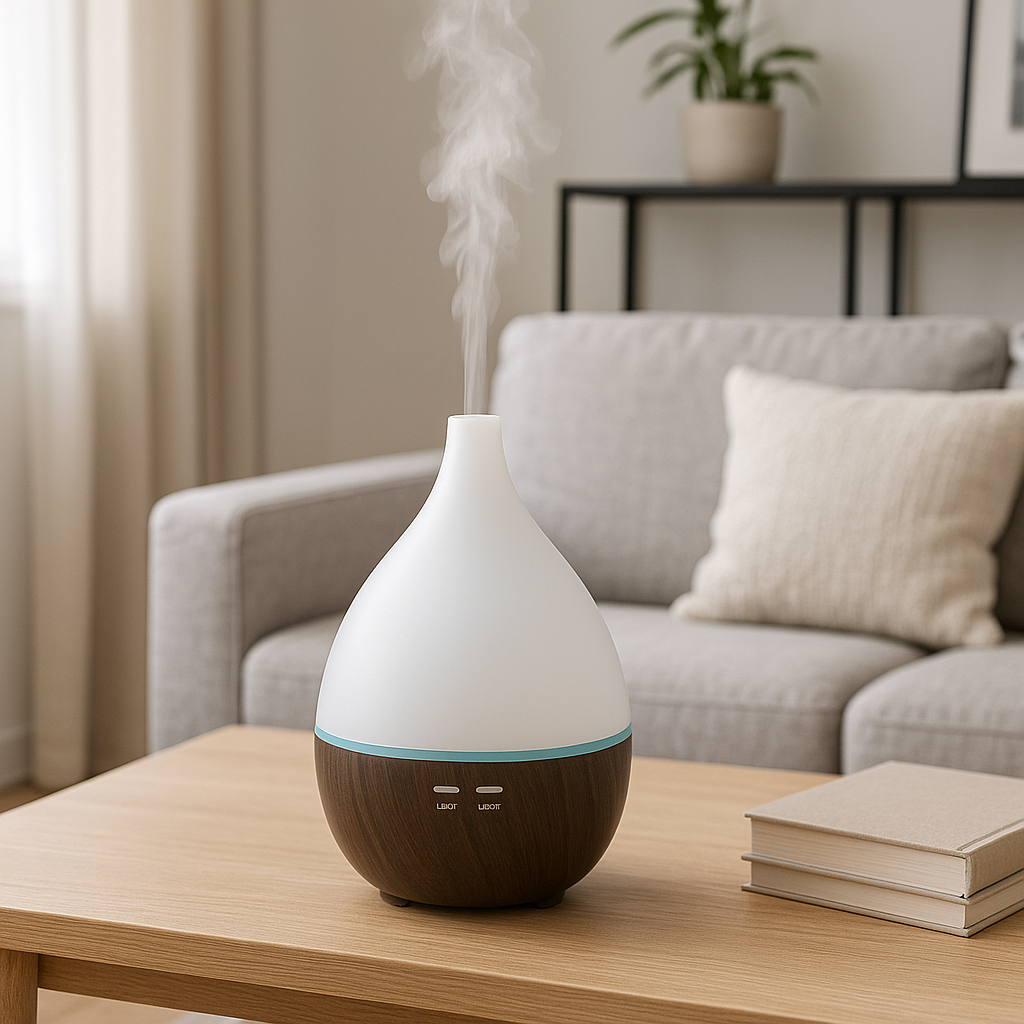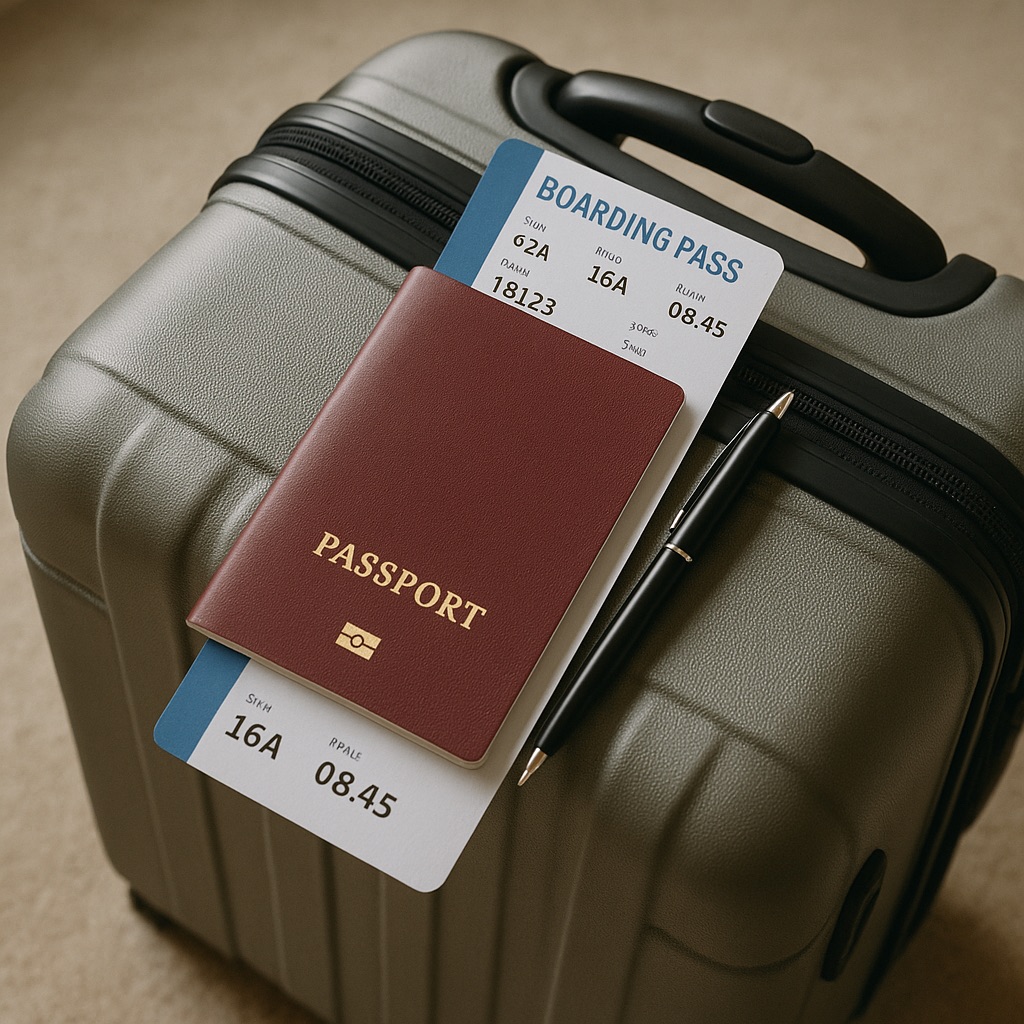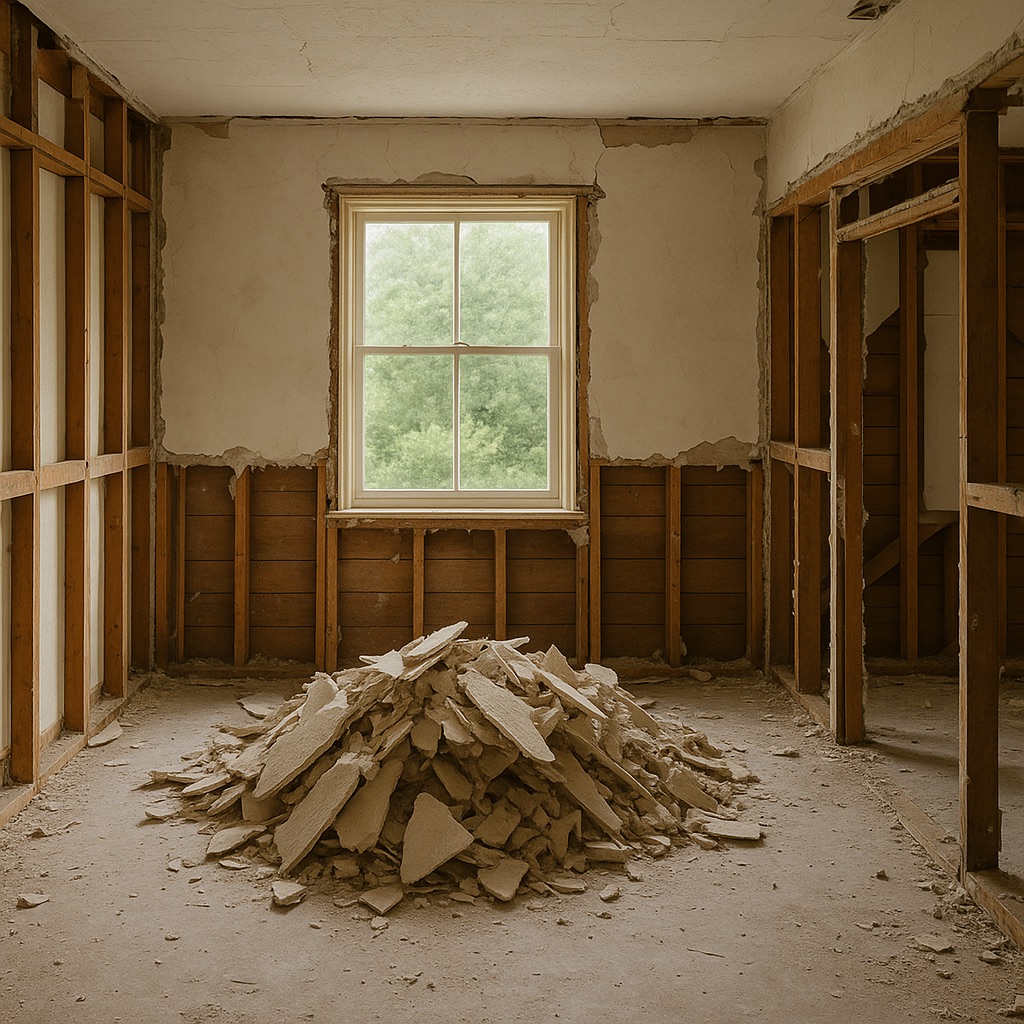Last updated on
The quality of our tap water is something that most people rarely think about. We turn on the faucet, fill up a glass and drink it without giving it a second thought.
As long as the water looks clean and tastes good, we’re content to continue drinking it for years on end without ever considering what’s in our glass. But before you go gulping down another glass of tap water, consider this: tap water has a lot of contaminants!
There are many reasons why you should filter your water. Here are some of those reasons.
Table of Contents
Tap Water Has a LOT of Contaminants

The main contaminants found in tap water are lead, copper, pesticides, chlorine, and fluoride. This is just a small sampling of the many contaminants that can be found in our water supply. The EPA does not regulate all pollutants, so there’s no guarantee that your water is completely free of contaminants.
A lot of countries don’t have regulations for water quality, so their water supplies can be even more polluted. You should do your research and read more about the different contaminants found in water. This way you will know if your tap water is actually safe for drinking.
The EPA Does Not Regulate All Pollutants
While the EPA does regulate a number of pollutants in tap water, they do not regulate all of them. This means that there are some contaminants that may be present in your water that the EPA does not even know about. While the EPA sets safety standards for certain pollutants found in tap water, they do not regulate all pollutants.
For example, the EPA does not set safety standards for arsenic, MTBEs (a gasoline additive), or perchlorate (an ingredient in explosives). The EPA only regulates a certain number of pollutants, and many harmful contaminants are not included on that list. This means that your water department may not be actively removing all of the harmful contaminants from your tap water.
Your Water Department Isn’t Perfect
Even if the EPA does regulate all of the pollutants in your tap water, that doesn’t mean your water department is perfect. There are many cases where water departments have failed to meet the standards set by the EPA. This can be due to financial constraints, an inability to properly test for contaminants, or simply negligence on the part of the department.
Just because your water comes from a municipal water department doesn’t mean that it’s free from contaminants. In fact, many water departments are not perfect and can let contaminants slip through their filters.
Just because your water department says that the water coming out of your taps is safe to drink doesn’t mean that it is. The fact is, water departments are not perfect and sometimes they make mistakes. For example, they may not test for certain contaminants or they may not remove them properly during treatment.
Your House Plumbing Can Add Contaminants
Even if your tap water meets the EPA’s safety standards, that doesn’t mean that it is free from contaminants. In fact, your house plumbing can add contaminants to your water. This happens when harmful chemicals or metals leach into the water from the pipes in your home. Lead, copper, and brass are common materials used in plumbing, and they can leach toxins into the water. This is a particular concern for pregnant women and young children, who are especially vulnerable to the harmful effects of toxins.
Fluoride Levels May Be Too High
Another reason why you should filter your water is because of the high levels of fluoride. While fluoride is beneficial in small doses, too much fluoride can be harmful. It can cause dental fluorosis (staining and pitting of the teeth), skeletal fluorosis (a disease that affects the bones), and even neurological problems. The fact is, most people are getting more fluoride than they need, and it’s important to filter out as much fluoride as possible.
There are many reasons why you should filter your water, and the ones listed above are just a few of them. Tap water has a lot of contaminants, the EPA does not regulate all pollutants, your water department isn’t perfect, and your house plumbing can add contaminants to your water. In addition, fluoride levels may be too high, and toxins like lead, copper, and arsenic can also be found in water supplies. It’s important to filter out as many of these contaminants as possible so that you can protect your health. We hope this article helped you understand why it’s important to filter your water!




